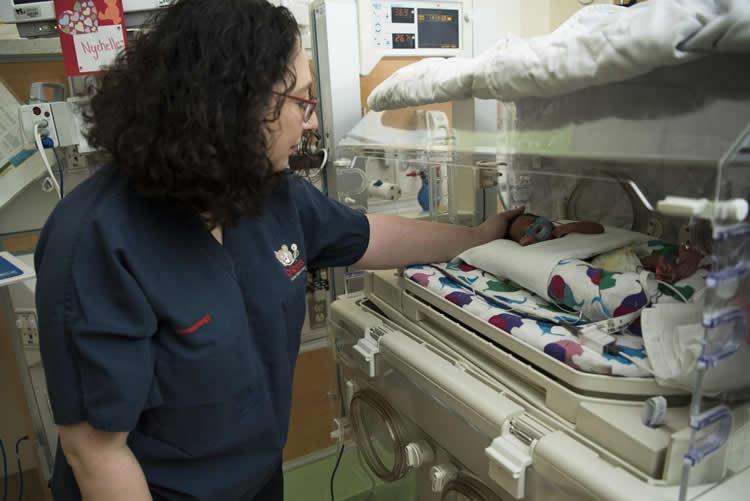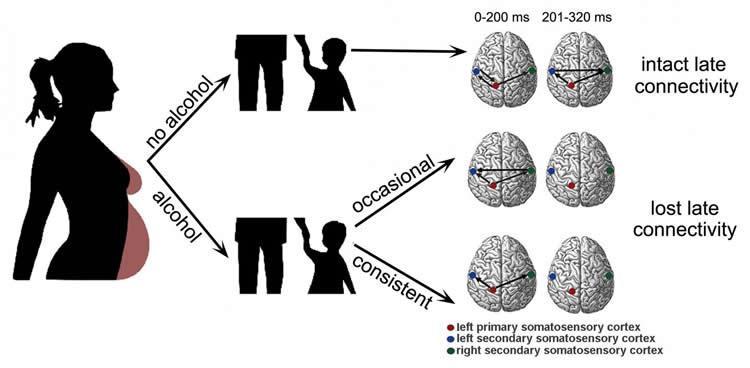A new systematic review provides a succinct summary of the scientific evidence for and/or against causal associations for 47 adverse events following immunization (AEFI). Findings from the study will be presented during the Pediatric Academic Societies (PAS) 2019 Meeting, taking place on April 24 – May 1 in Baltimore. “Health care providers desire objective and clear information on a broad range of vaccine safety issues to assist them in answering patient questions,” said Matthew Dudley, PhD, MSPH, one of the authors of the study. “There have been no recent comprehensive…
Read MoreCategory: Brain
Breastfeeding boosts metabolites important for brain growth
“Our previous research established that vulnerable preterm infants who are fed breast milk early in life have improved brain growth and neurodevelopmental outcomes. It was unclear what makes breastfeeding so beneficial for newborns’ developing brains,” says Catherine Limperopoulos, Ph.D., director of MRI Research of the Developing Brain at Children’s National. “Proton magnetic resonance spectroscopy, a non-invasive imaging technique that describes the chemical composition of specific brain structures, enables us to measure metabolites essential for growth and answer that lingering question.” According to the Centers for Disease Control and Prevention, about…
Read MorePlacental function linked to brain injuries associated with autism
Allopregnanolone (ALLO), a hormone made by the placenta late in pregnancy, is such a potent neurosteroid that disrupting its steady supply to the developing fetus can leave it vulnerable to brain injuries associated with autism spectrum disorder (ASD), according to Children’s research presented during the Pediatric Academic Societies 2019 Annual Meeting. In order to more effectively treat vulnerable babies, the Children’s research team first had to tease out what goes wrong in the careful choreography that is pregnancy. According to the Centers for Disease Control and Prevention, about 1 in…
Read MoreMMR vaccine and autism link debunked again: MMR vaccine reduces ASD risk in subgroup of girls
A nationwide cohort study of all children born in Denmark to Danish-born mothers between 1999 through 2010 concluded that the mumps, measles, and rubella (MMR) vaccine does not increase the risk of autism, does not trigger autism in susceptible children, and is not associated with clustering of autism cases following vaccination. The findings are published in Annals of Internal Medicine. The hypothesized link between measles, mumps, rubella (MMR) vaccine and autism continues to cause concern and challenge vaccine uptake. Currently, there is a concerning increase in measles cases in Europe and…
Read MoreNo safe amount of alcohol during pregnancy
An international group of researchers has taken one of the first major steps in finding the biological changes in the brain that drive fetal alcohol spectrum disorder (FASD). New work using chaos theory to analyze brain signals, discussed this month in the journal Chaos, from AIP Publishing, shows the long-term effects. Researchers found that teenagers who were exposed to alcohol while in the womb showed altered brain connections that were consistent with impaired cognitive performance. Their findings were reached by measuring the responses from a brain imaging technique called magnetoencephalography (MEG)…
Read More




